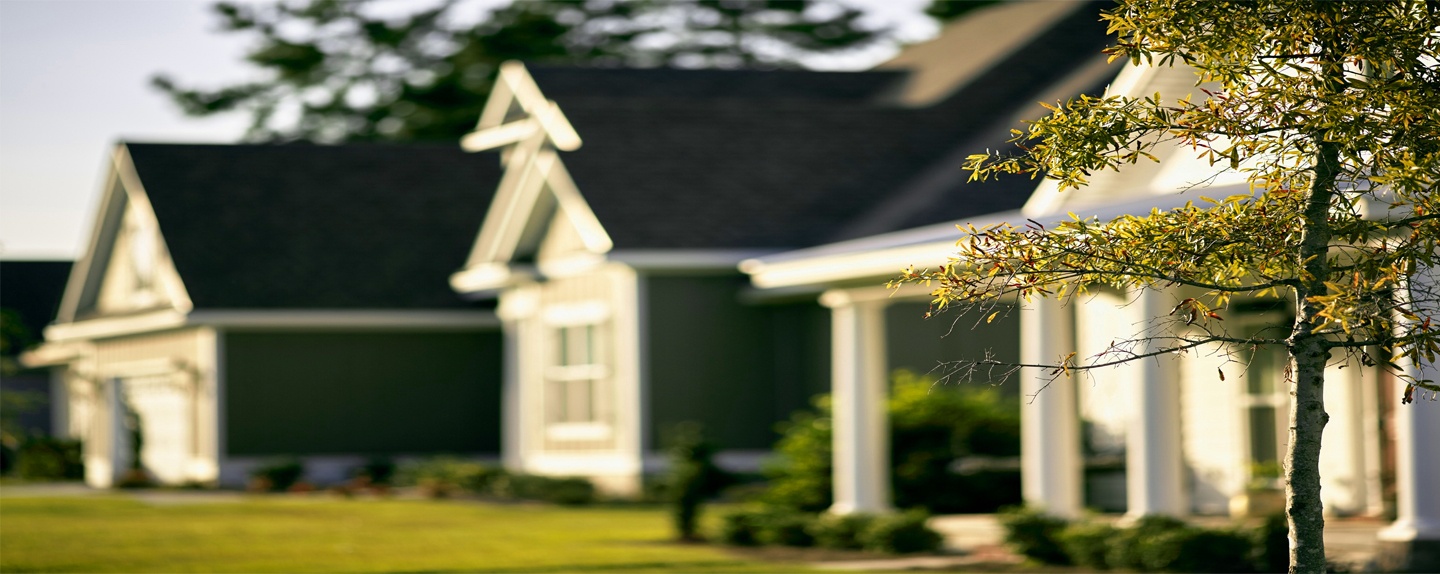A lush, weed-free lawn is the dream of every homeowner on the North Shore of Massachusetts. However, achieving and maintaining such a lawn requires more than just regular mowing and watering. One of the key practices that can revitalize your lawn and promote a healthier, thicker turf is aeration and overseeding. In this blog post, we'll explore the importance of aeration and overseeding for revitalizing your North Shore lawn.
The North Shore region of Massachusetts, with its unique climate and soil conditions, presents challenges to maintaining a vibrant lawn. Compacted soil, thatch buildup, and sparse grass coverage are common issues that can hinder the growth and health of your lawn. This is where aeration and overseeding come into play as essential lawn care practices.
Aeration involves the process of perforating the soil with small holes to allow air, water, and nutrients to penetrate deep into the root zone of the grass. Compacted soil restricts the movement of these vital elements, leading to shallow root growth and poor overall turf health. By aerating your lawn, you create pathways for oxygen, water, and nutrients to reach the grassroots, promoting stronger and healthier grass growth.
Overseeding complements aeration by introducing new grass seed to your existing lawn. Over time, lawns can become thin and patchy due to factors like foot traffic, weather stress, and natural aging of grass plants. Overseeding helps replenish the grass population, filling in bare spots, and improving overall turf density. It's particularly beneficial for introducing newer, more resilient grass varieties that can better withstand North Shore's climate challenges.
Here are the key benefits of incorporating aeration and overseeding into your lawn care routine:
-
Improved Soil Aeration: Aeration reduces soil compaction, allowing roots to penetrate deeper and access essential nutrients and water. Healthier roots lead to healthier grass plants and a more resilient lawn.
-
Thatch Reduction: Thatch, a layer of dead grass and organic matter that accumulates on the soil surface, can impede water and nutrient absorption. Aeration helps break down thatch and promotes its decomposition, enhancing soil structure and nutrient availability.
-
Enhanced Seed Germination: Aeration creates optimal conditions for seed germination by providing direct contact between seeds and soil. This results in better seedling establishment and a more uniform grass cover.
-
Disease and Pest Resistance: A dense, healthy turf resulting from overseeding is less susceptible to diseases and pest infestations. New grass varieties may also offer improved resistance to common lawn issues.
-
Overall Lawn Appearance: Aeration and overseeding contribute to a greener, thicker lawn with improved color and texture. A well-maintained lawn enhances your property's curb appeal and creates a welcoming outdoor space.
Timing is crucial when planning aeration and overseeding activities. Fall is often considered the best time for overseeding in Massachusetts as soil temperatures are still warm, promoting seed germination, and cooler air temperatures reduce stress on young seedlings. However, spring can also be a suitable time for aeration and overseeding, especially for cool-season grasses like Kentucky bluegrass and fescue.
In conclusion, revitalizing your North Shore lawn through aeration and overseeding is a proactive approach to achieve a healthier, thicker turf and a weed-free lawn. These practices address common lawn challenges such as soil compaction, thinning grass, and poor root development, leading to a more vibrant and resilient lawn throughout the year.
If you're looking for more information on lawn care in Massachusetts or are simply ready to speak with someone about your lawn care needs, visit www.GrassmasterPlus.com or call 978-769-3595 today!

